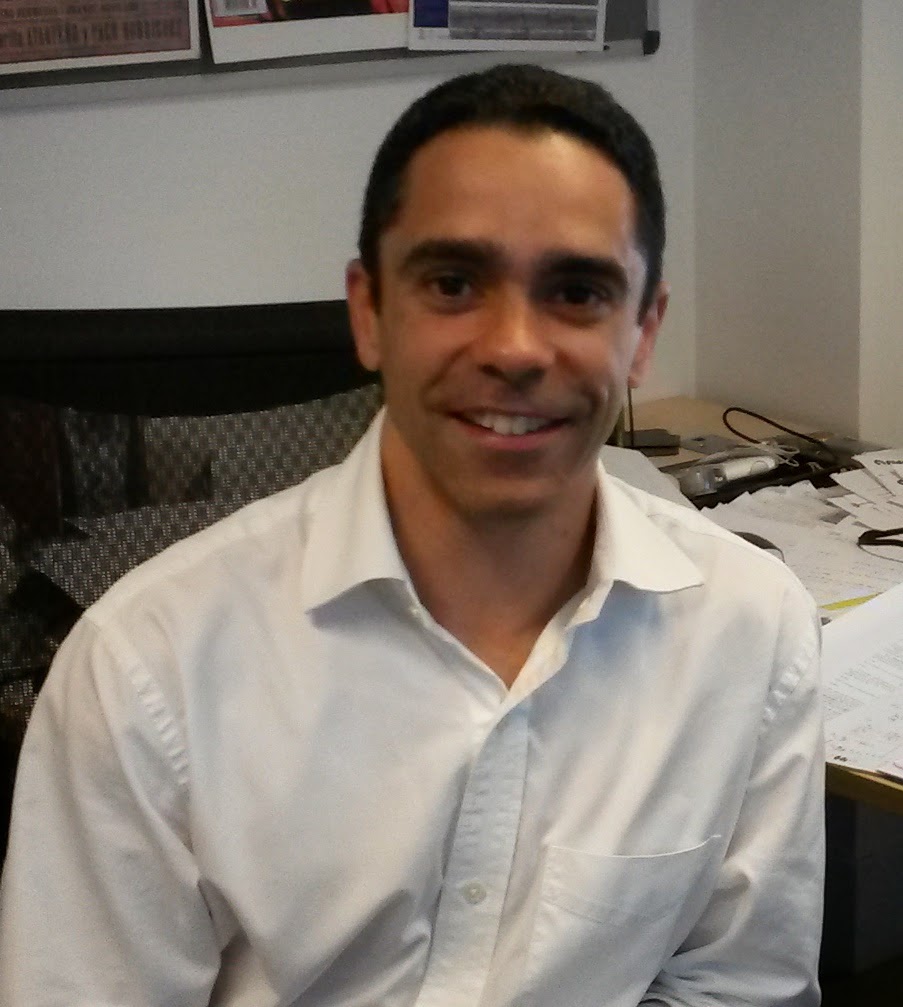What people do on a day-to-day basis is both a cause and an effect of people’s quality of life. Many social indicators are embedded in these feedbacks and, accordingly, attract a great deal of research effort. Among the approaches used to study these problems, empirical approaches tend to come from two different and often disconnected communities, one focused on measuring large mobility data sets that contain many individuals but are poorly annotated (where one cannot always easily tell tell what people do as they travel), and another focused on large studies such as the American Time Use Survey which is very detailed and well annotated but with a much smaller sample size.
In this project, we seek to bridge the information that each of these types of data offer to create better annotated information for mobility data and simultaneously identify the weakness of large surveys. Beyond these methodological goals, we also aim to generate better empirical and theoretical conceptual frameworks for human activity that can explain people’s daily activity and social patterns on the basis of people’s needs.
Funding details for this project.
Papers
- Jericho McLeod, Unchitta Kan, Eduardo López. “Origins of Face-to-face Interaction with Kin in US Cities” arxiv pre-print.
- Kan, U., McLeod, J. & López, E. Non-coresident family as a driver of migration change in a crisis: the case of the COVID-19 pandemic. Humanit Soc Sci Commun 11, 503 (2024).



